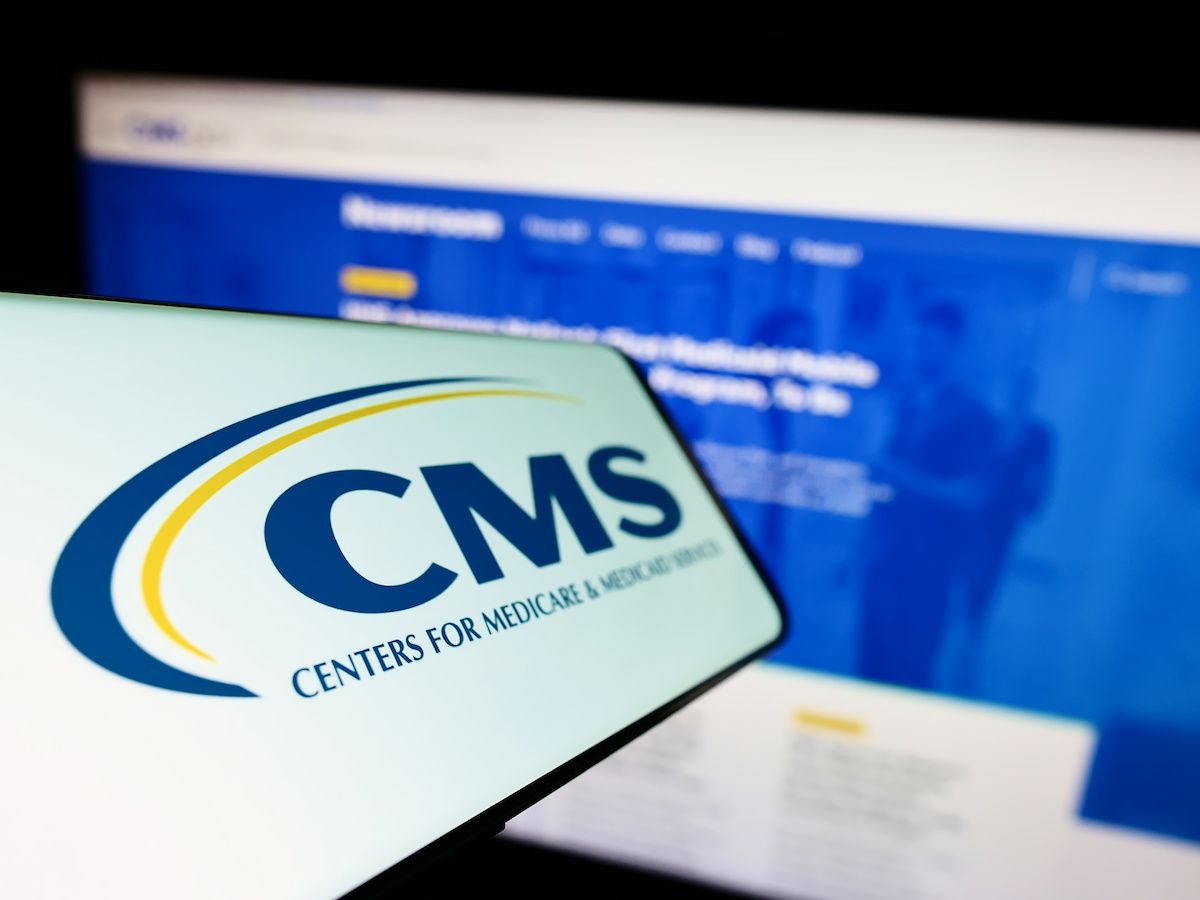Article
Familiar, comfortable, safe
How buying a house helped this physician make his patients feel at home in his practice.
Last summer, I finished twenty-third grade, also known as the last year of my residency. My wife and I celebrated by buying our first house. Little did I know that, by becoming a homeowner, I'd be entering a self-contained world completely foreign to me. It teemed with such exotic creatures as mortgage brokers, subcontractors, and home inspectors. Venturing into this new realm has taught me valuable lessons that I've applied to clinical practice.
"Ohhh, you're looking for a new house? I know this great real estate agent. She's type A, which is what you want in an agent," said our friend at church. As with choosing a physician, probably the best way to learn of a good real estate agent is by word-of-mouth. That's how we found the woman I'll call Marie. Direct and highly opinionated, while showing us a home, she would make pronouncements like the following: "The builder of this house has been around for years and is well known for high-quality work," and "This kind of siding is notorious for causing problems." Marie truly seemed to have our best interests at heart.
We flooded her cell phone with calls, and she patiently answered our questions. When we lost our first bidding war, she held our hands and helped us cope. She never acted like our relationship was over after the closing papers were signed; weeks later, she watered our lawn and checked our mailbox when we went out of town. What a great role model for real estate agents-and doctors-alike: A compassionate listener and a patient teacher, she was an expert in her field and incredibly dedicated. Unfortunately, not everyone was like Marie.
As we walked around the house, Lester continued his lecture while examining its inner and outer workings: inspection, auscultation, percussion, and palpation. I felt like a medical student on my first rotation, hanging on to the attending's every word.
The process reminded me just how important the preventive exam is-and how education is a key component. With good teaching, I can help my patients do the things they need to stay healthy-eat healthy foods, exercise regularly, take precautions against sun exposure-and suggest things to watch for (mass on self breast or testicular exam, for example). It can be tempting for me to whip through a routine physical in an almost robotic fashion. But how tragic if I miss something due to superficiality or carelessness! Alas, such a tragedy befell us as homeowners. . . .
The first week after we moved into the house, we were extremely busy unpacking and settling in, so it took us until the second week to notice that the water from the backyard hose was consistently hot. Initially, we chalked it up to the summer sun but then we began to notice that, if we took showers after watering the lawn, the shower water was lukewarm. We called the company that had installed our plumbing and they said they'd send someone over.
A gruff, bearded man with the heft and bearing of a professional wrestler showed up at our door. He checked our outdoor faucet and agreed that we had a problem. After knocking three Great Dane-sized holes in our pristine walls, he discovered the cause: the hot and cold pipes had been mistakenly crossed. "Believe it or not, it happens all the time," he said. We nodded; I thought of the patient who's just been told that his lab results had been mixed up with someone else's-not at all comforted.





